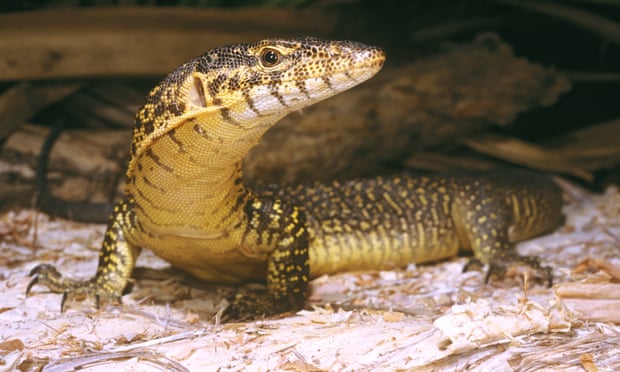A new report from the United Nations’ Office on Drugs and Crime (UNODC) has found that more than 4,000 wildlife species are targeted worldwide for illegal trade, and about 162 countries have active illegal wildlife trading.
According to the latest edition of the UNODC’s World Wildlife Crime Report, the third of its kind, more than 4,000 plant and animal species are illegally traded, often for medicinal, food, pet or ornamental purposes.
For example, shark fins, eels and pangolins are often sought out in bulk for consumption as food, the report noted, while rare reptiles and amphibians are in demand as pets. Further, some parts of species are in demand as ornamental goods, such as ivory from elephant tusks or horns of rhinoceroses.
The report found 1,652 mammal, bird, reptile and amphibian species that were seized by authorities from 2015 to 2021. Of those seized species, 40% were considered threatened or near threatened by the International Union for Conservation of Nature (IUCN) Red List. The analysis revealed that seizures from illegal wildlife crimes totalled around 13 million items from 2015 to 2021 and weighed over 16,000 tons.
As part of the UN Sustainable Development Goals, Goal 15 is aimed at protecting and restoring land-based ecosystems, and it includes targets to end wildlife trafficking of protected species. But the new UNODC report compared data to progress of Goal 15 and found that the world is not on track to meet this goal. According to the report, intercepted illegal wildlife trading as a proportion of all wildlife trade (including legal trade) increased from 2017 to 2021, even reaching its highest levels in 2020 and 2021.
“These estimates give no reason for confidence that SDG target 15.7 is on track to be met by 2030,” the report stated.
The report also outlined some of the major threats of the illegal wildlife trade, not just to the targeted species but to their entire ecosystems and humans as well.
“Wildlife crime inflicts untold harm upon nature, and it also jeopardizes livelihoods, public health, good governance and our planet’s ability to fight climate change,” Ghada Waly, executive director of the UNODC, told The Guardian.
The report noted that population declines linked to wildlife trafficking create a ripple effect within ecosystems, and with climate change, the problems become worse, leading to resource conflicts that put more species in jeopardy. The authors wrote that wildlife crimes limit the socioeconomic benefits humans get from nature and that wildlife crimes can be linked to corruption and loss of revenues in governments.
As reported by the NGO Traffic, the illegal wildlife trade has an estimated value of up to $23 billion per year.
The World Wildlife Crime Report included several suggestions to crack down on wildlife crime and get on track to meeting Goal 15 of the Sustainable Development Goals. Some of the suggested interventions included strengthening international treaties and national laws, improving management of protected areas, supporting alternative livelihoods, identifying and resolving corruption, promoting substitutes to curb demand for illegal wildlife products and improving general education and awareness.
Ultimately, the report authors wrote that a multifaceted approach that addresses every stage, from the root of crimes to the end market, will be needed to reduce wildlife crimes.
This article by Paige Bennett was first published by EcoWatch on 13 May 2024. Lead Image: A baby langur monkey rescued by conservation officers from suspected illegal wildlife trade in Indonesia on April 1, 2020. Afrianto Silalahi / NurPhoto via Getty Images.
What you can do
Choose a one-time, monthly or annual donation to help save wildlife .







Leave a Reply